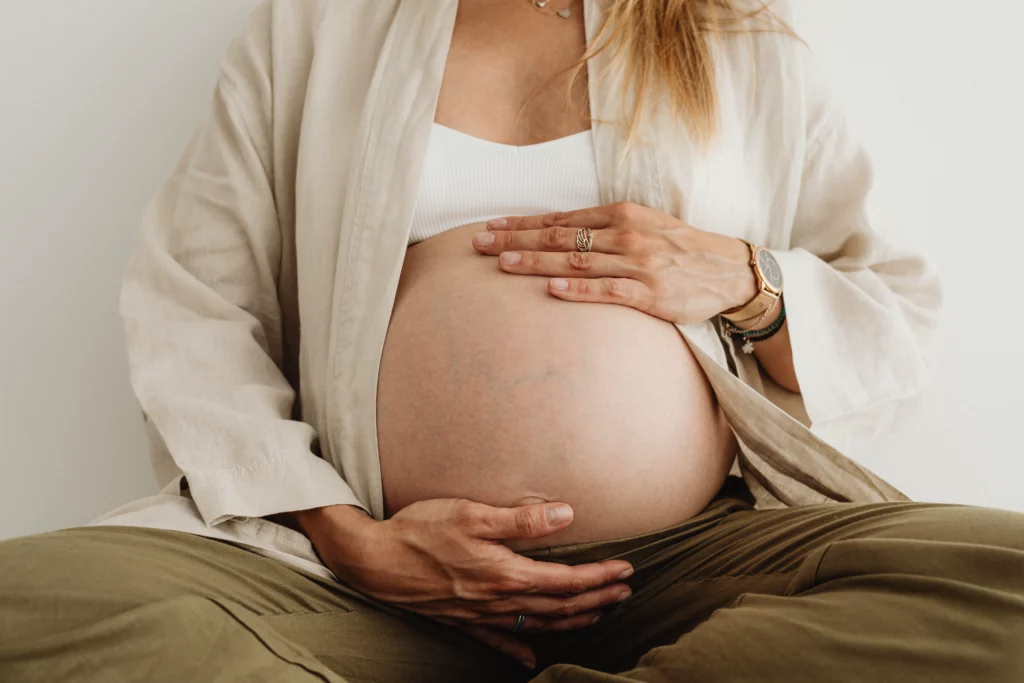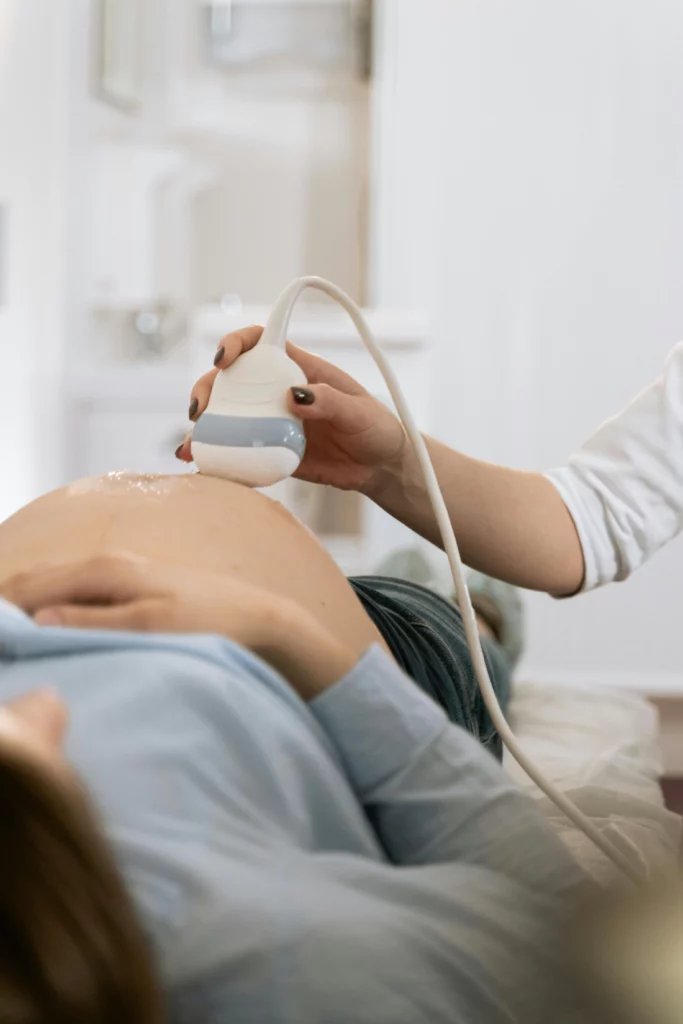Dr Thomas (Tom) Cade
Specialist Obstetrician and Gynaecologist
Dr Thomas (Tom) Cade
BMedSc(Melb) MBBS(Hons)(Melb) MMedStat(Dist) DMedSc FRANZCOG
Dr Tom Cade is an Obstetrician and Gynaecologist in full time private practice at Epworth Freemasons and St Vincent’s Private Hospitals in Melbourne. His obstetric area of practice encompasses everything from the most uncomplicated vaginal delivery through to high risk and complexity.
He has a particular interest in diabetes, specifically the management of those with pre-existing diabetes or who have had gestational diabetes in a previous pregnancy. He received a RANZCOG Scholarship and Melbourne University Fellowship for his work in the management of gestational diabetes and has been awarded a doctorate for his thesis on this topic. He previously led the Diabetes Unit at the Royal Women’s Hospital and contributed to the department of Maternal Fetal Medicine.
Dr Cade has undertaken additional elective training in plastic surgery to ensure his patients receive advanced cosmetic outcomes with caesarean section (c-section) scars and vaginal tears that may occur.
He has undertaken advanced training in gynaecological surgery (particularly laparoscopic) at the Royal Women’s and Freemason’s hospital and has been a Pelvic Floor Surgeon at the Royal Women’s Hospital. Dr Cade most commonly operates laparoscopically for infertility, pain, or ovarian pathology and has an interest in the surgical management of prolapse or poorly healed obstetric repairs. Referrals to sub-specialists are organised where appropriate.
- Obstetrics • Pre-pregnancy / Fertility • Gynaecology
- Obstetrics • Pre-pregnancy / Fertility • Gynaecology
More About Dr Cade
Dr Cade has numerous ongoing research interests, is a reviewer for several international journals, has a position as a Senior Lecturer and Examiner
Dr Cade has also completed a Masters of Biomedical Statistics (with distinction).
Dr Cade is able to deliver at several of Melbourne’s most respected hospitals (with different circumstances requiring the need for certain facilities). Typically, Dr Cade delivers at Epworth Freemasons or St Vincent’s private hospitals, but in the event of emergency transfer, he is also accredited at the Royal Women’s Hospital and Frances Perry House.
Dr Cade has numerous ongoing research interests, is a reviewer for several international journals, has a position as a Senior Lecturer and Examiner at the University of Melbourne and RANZCOG.








